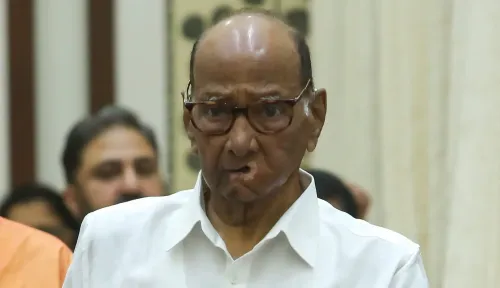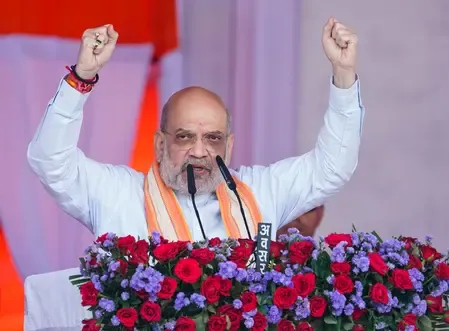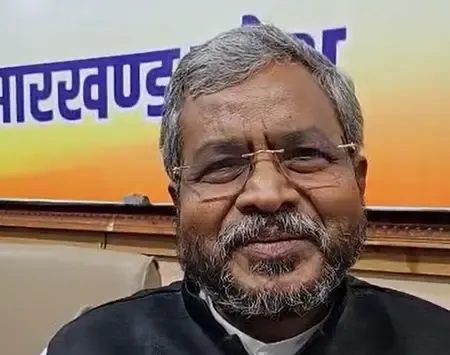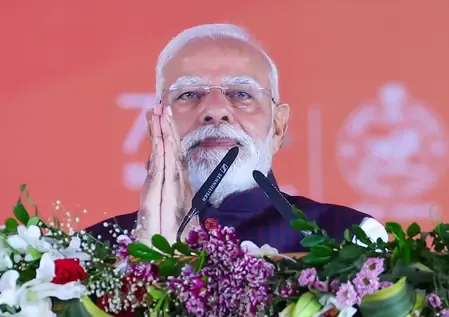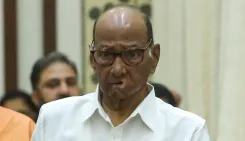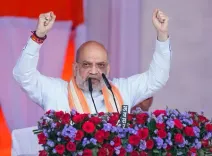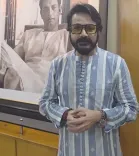Should Congress Acknowledge Its Role in Partition?
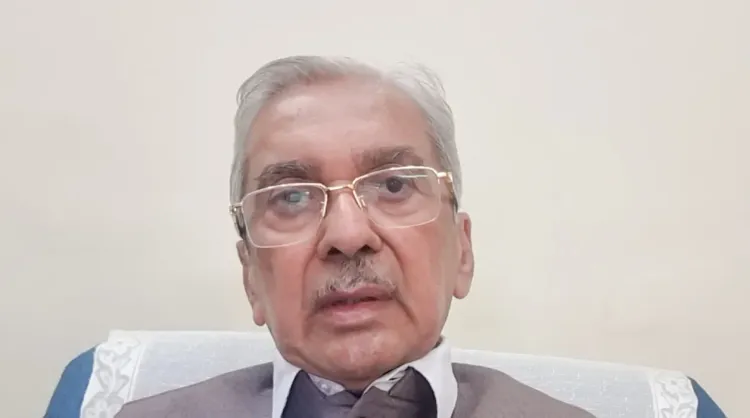
Synopsis
Key Takeaways
- Congress should acknowledge its role in the Partition.
- Historical narratives must be based on factual accuracy.
- Educational materials need to reflect diverse perspectives.
- There is a need to honor all figures of the freedom struggle.
- The influence of leftist ideology in education should be critically examined.
New Delhi, Aug 16 (NationPress) J.S. Rajput, the former Director of the National Council of Educational Research and Training (NCERT), stated on Saturday that if the Congress party is to claim full credit for India’s Independence, they must also acknowledge their role in the Partition of the nation.
His comments arise amidst the debate surrounding a new NCERT module designed for the 'Partition Horrors Remembrance Day', marked annually on August 14. This module identifies three pivotal figures associated with the Partition: Muhammad Ali Jinnah, the Congress leadership, and the then Viceroy, Lord Mountbatten.
The module specifies: "Jinnah, who demanded it; secondly, the Congress, which accepted it; and lastly, Mountbatten, who executed it."
The Congress has vigorously opposed the module’s content. Party spokesperson Pawan Khera has called for its cancellation, arguing that it distorts historical facts.
Khera contended that the Partition stemmed from a collaboration between the Hindu Mahasabha and the Muslim League, not the Congress.
In response to the backlash, Rajput, in an interview with IANS, remarked, "Criticism is a natural response whenever history is revised. I have experienced this firsthand. As the NCERT director, I oversaw the development of new textbooks, witnessed the backlash, and felt its lasting impact. Notably, in 2004, when the government changed, they promptly distributed old textbooks to all CBSE schools, and within a year, the entire curriculum was overhauled with new materials."
Emphasizing the existence of two historical perspectives in India, one linked to Leftist ideology, Rajput noted that achieving an objective viewpoint in educational materials is challenging.
"It is widely recognized that there are two historical schools of thought in India -- one aligned with the leftists and another representing alternative ideologies. This is a fact that should be acknowledged. In this context, presenting an objective view becomes quite difficult. The history taught to us and subsequent generations post-Independence has been largely influenced by the leftist perspective, and these same individuals are now opposing syllabus alterations," he expressed.
Rajput, who has dedicated over four decades to education, asserted that historical narratives must be grounded in facts.
He criticized the Congress for its "double standards," pointing out that they have historically overlooked figures such as Netaji Subhash Chandra Bose in the freedom struggle.
As a citizen, he stated, "I believe the Partition could have been averted had Congress acted more decisively. It’s perplexing that they readily take credit for the independence movement while neglecting to honor leaders like Netaji and forgetting the contributions of revolutionaries. The Congress movement encompassed individuals from various ideologies, and they often blame others for not contributing to Independence, a stance they lack the right to adopt."
Highlighting forgotten narratives, he remarked, "Congress seldom mentions that Sir Syed Ahmad Khan once declared in Meerut that Hindus and Muslims are two distinct communities that cannot coexist peacefully. This does not diminish his contributions to India, including the establishment of several universities."
He also condemned the perceived "leftist bias" in school textbooks, stating, "Instances of Aurangzeb being glorified are evident in our materials. One textbook featured two images: one of Lenin and the other of Gandhi. Lenin’s image dominated the page, while Gandhi’s was relegated to just a quarter of the page. One must ponder the implications of such portrayals on young minds. Leftist influences pervaded the syllabus due to the government’s leniency towards them at that time. People ought to be aware of these issues."
Rajput emphasized the necessity for a truthful representation of the Partition in historical texts. He also critiqued political spokespersons for speaking on the matter without comprehensive knowledge.
"I have observed some spokespersons rushing to speak, as if they possess complete historical knowledge. In reality, they lack the understanding but feel compelled to comment. Educators, on the other hand, strive for history to be documented purely based on facts, and all pertinent details regarding the Partition should be made accessible," he asserted.
Expressing confidence in the NCERT module, he concluded, "I trust the integrity of NCERT’s writing and maintain that the entire Congress leadership bore responsibility. The compromises were made by both the Congress and the Muslim League -- no one else. Therefore, if the party claims credit for Independence, it must simultaneously acknowledge its accountability for the Partition."

